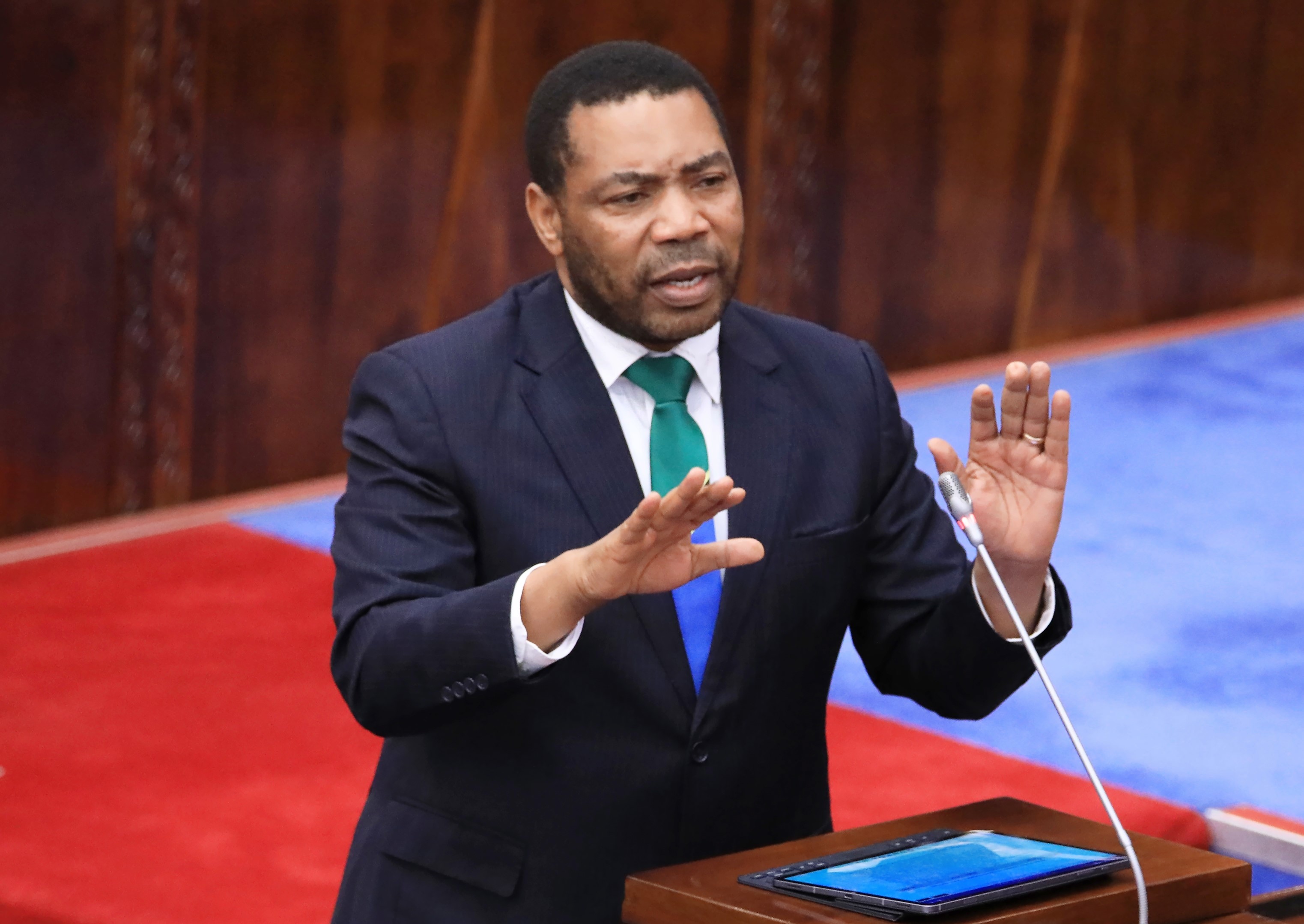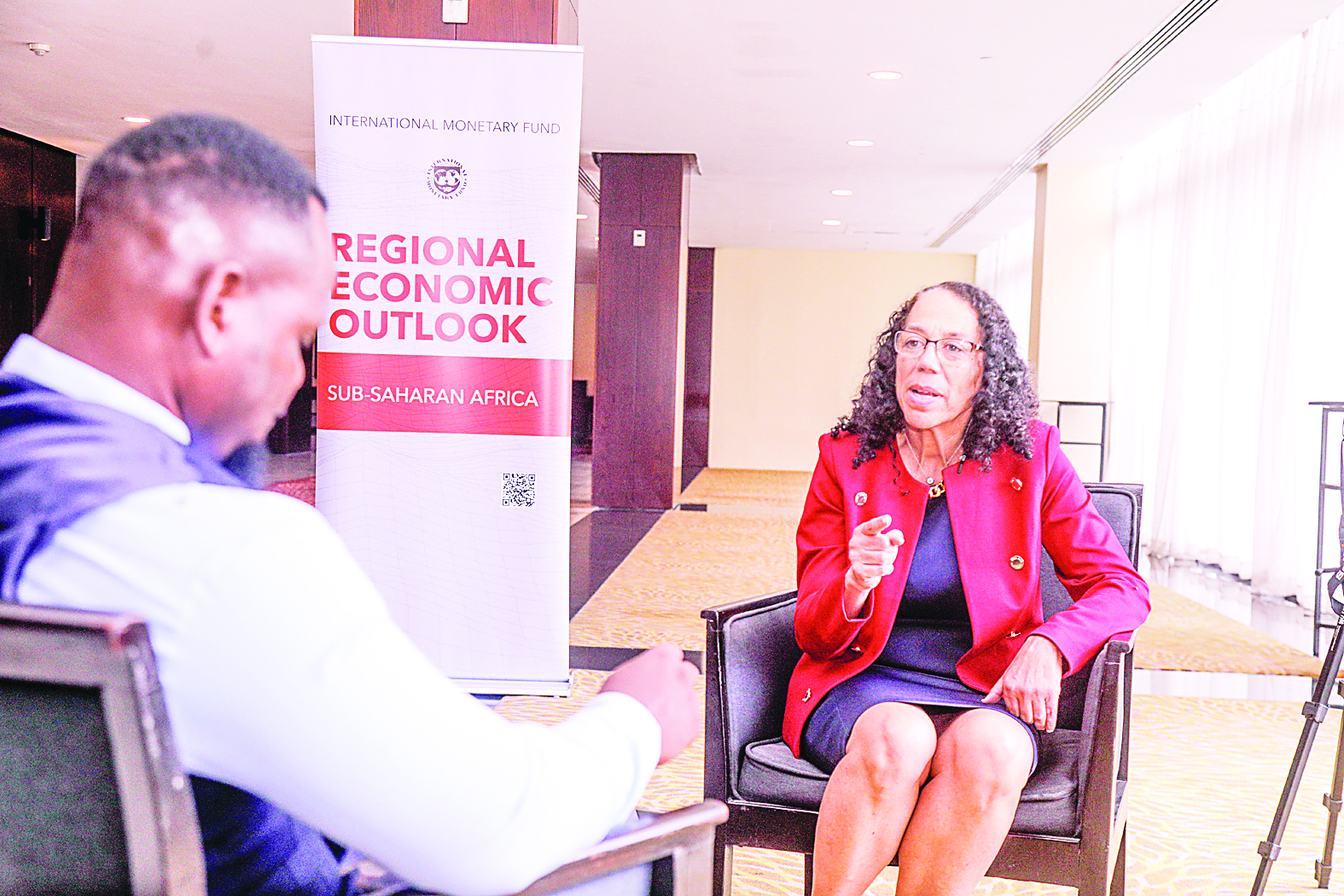African civil organisations renew push for debt cancellation

What you need to know:
- African governments are now spending more on external debt servicing than on social services, with repayments consuming around 14 percent of national budgets.
Dar es Salaam. African civil society organisations have renewed calls for the cancellation of illegitimate and unsustainable debts, warning that the continent’s development is being derailed by crippling repayments and unjust global financial rules.
Addressing a press conference in the city on Tuesday, the Africa Regional Coordinator of the Global Call to Action Against Poverty (GCAP), Ms Nuru Maro, said the current debt crisis facing African countries is the result of structural injustices that continue to deprive the continent of much-needed resources to invest in health, education and livelihoods.
“Africa’s poverty is not accidental—it is engineered by a financial system that prioritises creditors over citizens. We are demanding justice, not charity,” said Ms Maro.
The statement comes as global leaders, international financial institutions and civil society groups prepare to meet in Seville, Spain, later this month for the Fourth United Nations Conference on Financing for Development (FfD4).
The meeting aims to assess global efforts to finance sustainable development and propose new solutions to economic and environmental challenges. GCAP Africa said African governments are now spending more on external debt servicing than on social services, with repayments consuming around 14 percent of national budgets.
Public debt in Africa is projected to reach $1.9 trillion by 2024, while external debt servicing hit a record high of $89.4 billion this year.
This, they argue, has left many countries unable to provide basic protection for their populations, with less than half of Africa’s population covered by any form of social safety net.
Ms Maro said the continent needs fair global financial reforms that reflect African realities and priorities. She said civil society across Africa is united in calling for the cancellation of illegitimate debt, stronger international accountability, and tax justice to curb illicit financial flows.
“Africa loses $88.6 billion every year through tax avoidance and capital flight. This is more than we receive in aid. If we are serious about development, we must close these loopholes and keep our wealth at home,” she said.
The GCAP Africa delegation is also urging African states to shift away from reliance on raw exports by investing in local industries and value addition. Ms Maro noted that countries like Tanzania, which holds an estimated five percent of global graphite reserves, continue to export the mineral in its raw form, limiting the potential for job creation and economic growth.
“Africa is not poor in resources. But if we continue exporting raw materials and importing finished goods, we will remain trapped in poverty,” she said.
The civil society coalition is also demanding fair and accessible climate finance. Despite being the most climate-vulnerable region in the world, Africa receives less than three percent of global climate finance, with only a third of that directed towards adaptation.
Ms Maro said countries such as Tanzania, which play a key role in carbon absorption through forest conservation and blue economy assets, remain underfunded.
She stressed that climate financing must be grant-based and not add to the continent’s debt burden, and that it should reach the communities most affected by climate change—especially women and youth.
GCAP further called for the ratification of the African Union Protocol on Social Protection and urged governments to expand access to justice systems, particularly for marginalised groups. Only 17.8 percent of Africans are currently covered by at least one social protection benefit.
The coalition is also pushing for more democratic global governance and warned that unless African countries are given a seat at the table in setting international financial rules, their development prospects will remain constrained.
In her remarks, Ms Maro said the upcoming Seville conference represents a defining moment for Africa to assert its voice and shape a fairer global order that upholds dignity, equity, and sustainable growth.
“This is not about aid—it’s about rights. Finance must serve the many, not the few. If we are serious about ending poverty, we must begin by ending injustice,” she said.





